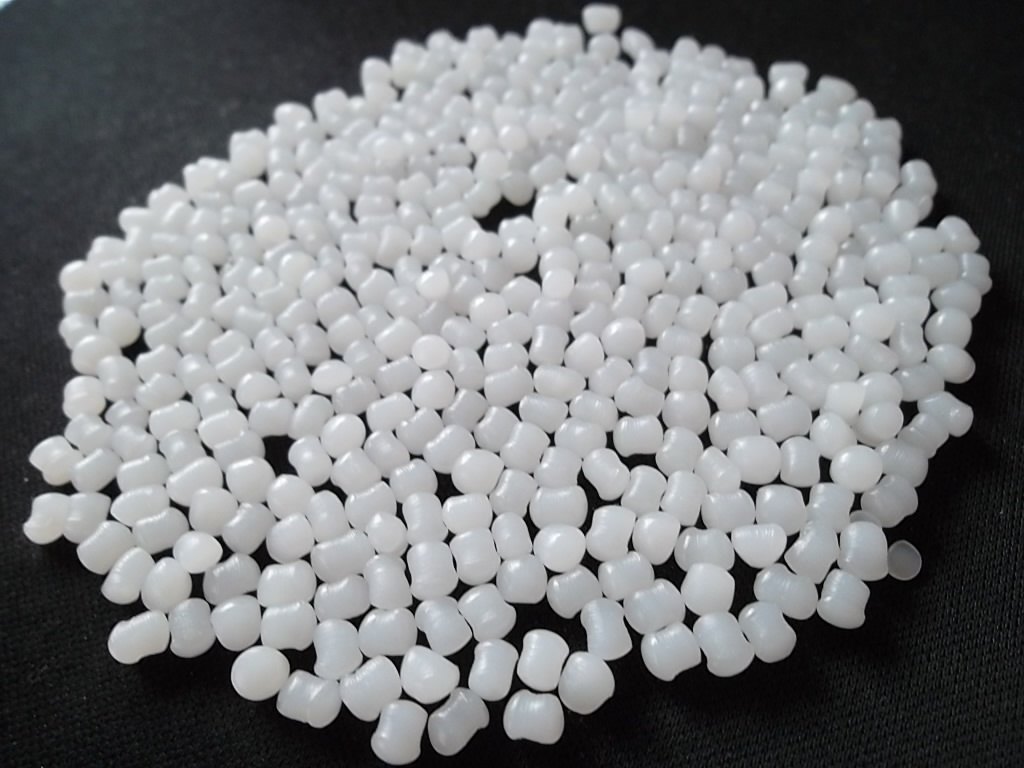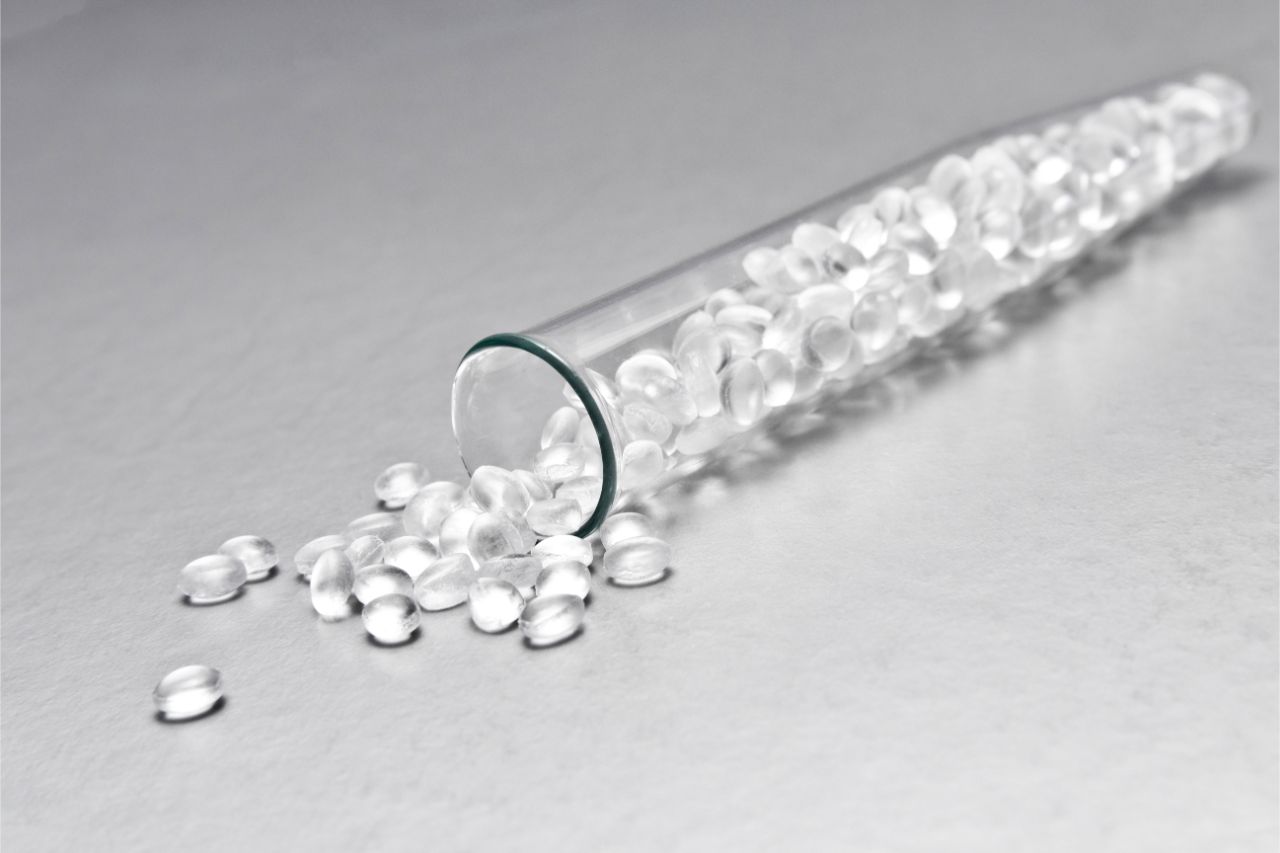High Impact Polystyrene (HIPS) is a versatile thermoplastic known for its balance of strength, affordability, and ease of processing. This guide explores HIPS material properties and applications and the role of manufacturers like Surya Masterbatches in advancing HIPS compounds.
1. What Is HIPS Plastic?
HIPS is a modified form of general-purpose polystyrene (GPPS), enhanced with rubber additives, typically polybutadiene, to improve impact resistance. This modification results in a material that combines the rigidity of polystyrene with the toughness of rubber, making it suitable for various applications requiring durability and formability.
2. Key Properties of HIPS Material

- Impact Resistance: The rubber modification provides hips Compound suppliers with excellent impact resistance, allowing it to absorb shocks without cracking.
- Ease of Processing: HIPS can be easily processed using methods like injection molding, extrusion, and thermoforming, thanks to its low melting point and good flow properties.
- Chemical Resistance: HIPS exhibits resistance to various chemicals, oils, and greases, making it suitable for applications involving chemical exposure.
- Thermal Insulation: It offers good thermal insulation properties, beneficial for applications requiring heat or cold insulation.
- Affordability: Compared to other thermoplastics like ABS or polycarbonate, HIPS is more cost-effective, making it a popular choice for budget-conscious applications.
- Recyclability: HIPS is recyclable, contributing to sustainable manufacturing practices.
3. Common Applications of HIPS Plastic
- Packaging: hips plastic materials are widely used in packaging applications due to their lightweight nature, moisture resistance, and ease of molding into various shapes and sizes.
- Consumer Goods: Its impact resistance and aesthetic appeal make HIPS suitable for products like toys, household items, and electronic housings.
- Automotive Industry: HIPS is employed in automotive interior components, such as instrument panels, due to its durability and ease of manufacturing.
- Medical Devices: The material’s properties make it suitable for medical applications, including orthopedic splints and other devices requiring lightweight and durable materials.
- Food Packaging: HIPS is used in food packaging solutions like clamshell containers, benefiting from its moldability and moisture resistance.
4. Surya Masterbatches: Enhancing HIPS Applications
Surya Masterbatches is a leading manufacturer in India, offering a diverse portfolio of plastic compounds and masterbatches. Their HIPS compounds are tailored to meet specific industry requirements, providing solutions that enhance the performance and functionality of end products.
5. Advantages and Limitations of HIPS Plastic
Advantages:
- Lightweight: Facilitates easy handling and reduces transportation costs.
- Versatility: Suitable for a wide range of applications across various industries.
- Cost-Effective: Offers a balance between performance and affordability.
Limitations:
- Heat Resistance: HIPS has limited heat resistance and may deform at high temperatures.
- UV Stability: Prone to degradation under prolonged UV exposure, necessitating additives for outdoor applications.
Conclusion
High Impact Polystyrene (HIPS) stands out as a versatile and economical material, balancing strength, processability, and cost. Its wide range of applications, from packaging to automotive components, underscores its significance in various industries. Manufacturers like Surya Masterbatches play a crucial role in developing specialized HIPS compounds, further expanding the material’s applicability and performance.
